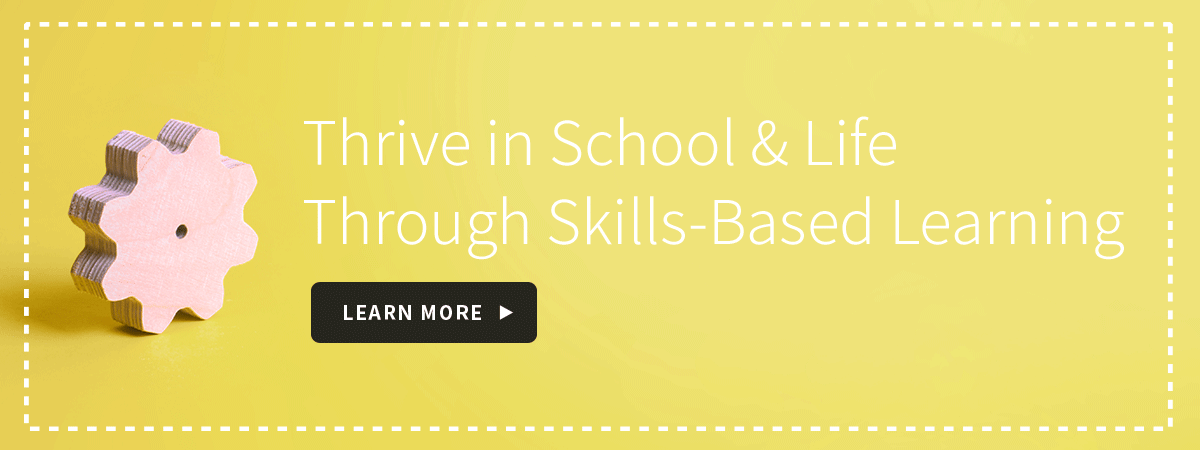
Whether you are struggling with a headstrong child or simply not making as much headway as you would like in getting your child to behave, a reward system can be a great way to motivate him or her to make a habit of positive behaviours that you wish to encourage.
Reward systems provide an extra push on top of praise to reinforce good habits, and can also help your child to become more responsible for his or her behaviour. Such systems reward children with points, tokens or badges for demonstrating a desired behaviour, which they can then exchange for rewards such as snacks, time on their devices or even a trip to the shopping mall.
However, many parents will be familiar with how children can prove to be quite cunning negotiators when it comes to rules, rewards and punishments, finding ways to turn the terms of any deal to their advantage. Here are a few key considerations to keep in mind when implementing a reward system that can work to both you and your child’s benefit.

1. Start Small and Work Your Way Up
Firstly, reward systems work best with behaviours that are relatively easy for your child to do, and that they’re not already strongly opposed to doing.
This is for the simple and practical reason that children will not be inclined to start doing something if the reward is not reasonably achievable, or substantial enough to make up for an onerous task they hate
For example, packing one’s bag every evening for school the next day is a good habit that is also straightforward to accomplish. For a little effort, your child gets the satisfaction of earning small rewards everyday, or a point or token towards a larger reward.
A larger reward should also be achievable within five days. Children are much more likely to respond well to short-term rewards, compared to larger rewards that they have to wait a longer time for to claim.
Remember as well that it is far easier for a child to refuse to do something than to agree to do something. If you must get them to do something they find highly unpleasant, make sure the reward for each time they complete the behaviour is both significant and immediate, in addition to receiving a point or token.

2. Curate Rewards According to Your Child's Personal Preferences
Secondly, rewards have to be both meaningful to the child, and feasible for the parents. This can often be a tricky balancing act to pull off. To begin with, what one child finds meaningful can be very different from another, and parents will need to gauge for themselves what their child values.
For instance, a child who rarely watches television will view an extra 30 minutes of TV time in a different light from a child who already gets to watch TV all the time.
If a reward is not meaningful enough, parents run the risk of the child deciding that adopting the new behaviour just isn’t worth the trouble. To continue encouraging the behaviour, you will then have to up the reward, which teaches your child the very opposite of what you are trying to achieve: that if they do not follow instructions and refuse to do something, they can get a better reward. For this reason, it’s better to start high when “negotiating” with your child, and slowly reduce the reward as the desired behaviour becomes more and more of a habit.
At the same time, the reward also needs to be feasible for parents. What this means is that, for a reward system to be sustainable, the reward should be something that you are willing and able to provide repeatedly over a short period. This is especially important for behaviours that your child will be engaging in multiple times over the course of a day. You will not be able to promise a new toy for each time your child

3. Don't Confuse Rewards with Bribes
Thirdly, it’s important to remember that a reward is not the same thing as a bribe, although parents may sometimes fail to distinguish between the two when facing an uncooperative child.
Rewards are offered to someone for engaging in appropriate behaviour. A bribe, on the other hand, is offered to encourage someone to either do something inappropriate or to stop doing something that is inappropriate.
The second case is more likely to occur with children, and again sends the wrong message that doing something inappropriate will result in a bribe being offered to encourage the child to stop.
In other words, a bribe has the opposite effect of a reward. It incentivises bad or inappropriate behaviour and ends up increasing the frequency of such behaviour instead of decreasing it. So while a reward and bribe might have the same short-term effect of stopping an inappropriate behaviour, only a reward truly sets the stage for positive behaviour in the long run.

4. Incorporate Encouragement with Rewards
Lastly, reward systems are not meant to be a replacement for praise and encouraging words from you!
Don’t forget to acknowledge each time your child engages in an appropriate or desired behaviour. You may also want to consider limiting your reward system to just a few behaviours at once, as it can become quite difficult to remain consistent and keep track of everything you are supposed to praise.

Motivation for Learning
Reward systems can be a simple and effective way to teach children to take greater responsibility for their behaviour and actions, as well as provide a concrete incentive for adopting good habits.
At The Learning Lab, our teachers make use of reward systems too. They often give out prizes such as stationery or stickers when competitions, games or quizzes are held in the classroom.
Each teacher goes above and beyond the call of duty, using their own unique techniques to keep their students entertained and engaged with learning.
Click here to find out more about how our teachers can incentivise your child to learn.
The Learning Lab is now at locations. Find a location that suits your needs.
If you have any questions about our range of programmes or class schedules, you may contact us at 6733 8711 or drop us an email at enquiry@thelearninglab.com.sg.
The Learning Lab is now at locations. Find a location that suits your needs.
If you have any questions about our range of programmes or class schedules, you may contact us at 6733 8711 or drop us an email at enquiry@thelearninglab.com.sg.



